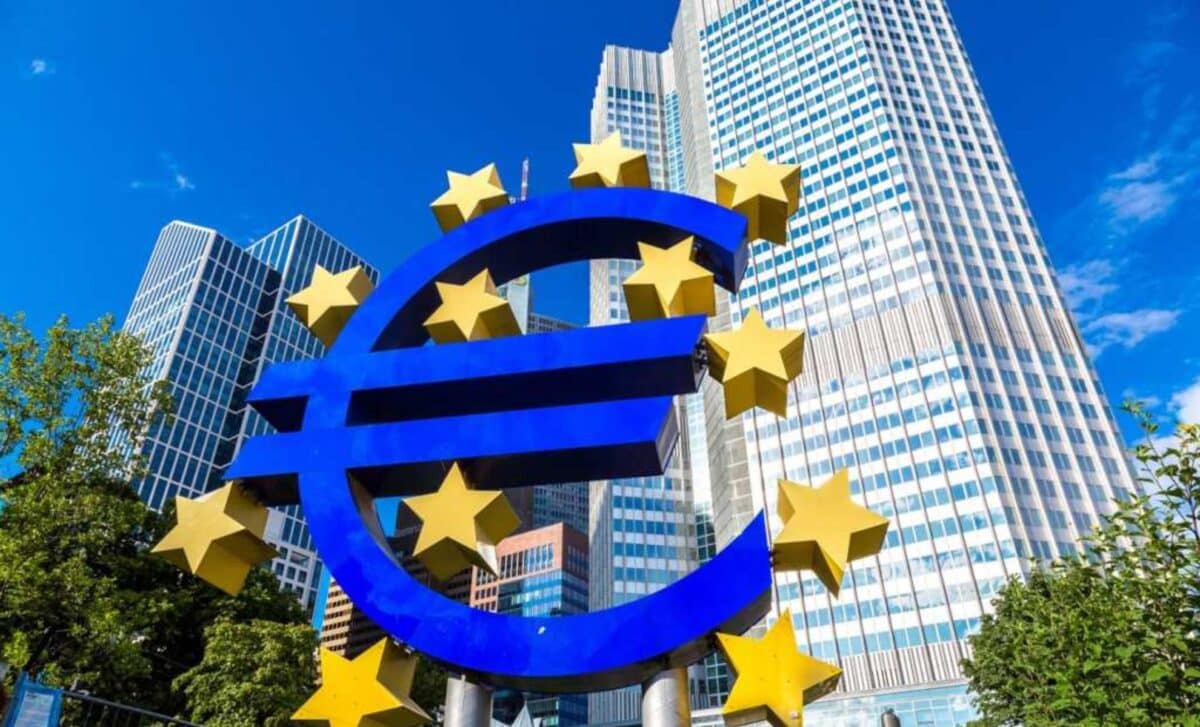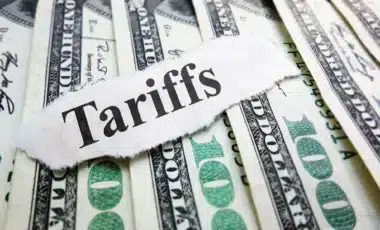On Thursday, the European Central Bank decided to maintain its current interest rates, emphasizing a commitment to keeping them elevated for an extended period. The central bank’s primary objective is to work towards achieving its inflation target, underlining a determined to support economic stability.
ECB Maintains Interest Rates Amid Inflation Concerns and Economic Stability
The central bank has opted to maintain interest rates for the third consecutive meeting, following the September increase of its benchmark deposit facility to 4%. Recent data has largely affirmed the central bank’s earlier medium-term inflation outlook, with a sustained decline observed in underlying inflation.
ECB President Christine Lagarde, in a press briefing, attributed the December inflation uptick to anticipated base effects, asserting that it doesn’t undermine their perception of an ongoing disinflationary process. Despite this, the Governing Council expressed a consensus that it is premature to engage in discussions about rate cuts, maintaining a data-driven approach rather than being fixed on a specific timeline, as highlighted by Lagarde.
The ECB, as stated in its latest communication, emphasized that its latest communication, emphasized that its forthcoming decisions will guarantee that policy rates remain at appropriately restrictive levels for the necessary duration, maintaining consistency with its prior statements.
In grappling with the sluggish eurozone economy and delicate financial stability, the central bank is concurrently committed to the objective of reducing inflation to 2%, given the current level of 2.9%. Notably, there is a heightened concern within the ECB regarding the potential risks associated with prematurely lowering rates, as doing so might reverse some of the effects of the existing tightening measures.
ECB Resists Rate Cut Expectations, Waiting on Spring Wage Data for Decisions
Several ECB officials have resisted market expectations for potential rate reductions in the spring, emphasizing the necessary to await first-quarter wage data. As of Thursday morning, markets were indicating a 62% probability of an April cut, according to the LSEG data.
ECB President Christine Lagarde noted that the central bank is meticulously examining various sources of data on wage growth, including insights from job site Indeed and its internal wage negotiations tracker. Lagarde expressed optimism about the wealth of information expected in the next few months, emphasizing that current wage growth trends are “directionally good.”
The ECB strategic approach is aimed at ensuring that any additional wage increases are absorbed by corporate profits, mitigating the risk of triggering second-round inflationary effects, Lagarde highlighted.
Late Thursday afternoon, the euro experienced a decline against both the U.S. dollar and the British pound. Simultaneously, European stocks showed marginal gains, and bond yields exhibited a decrease.
The announcement signified the ECB’s commitment to maintaining its existing stance, refraining from initiating cuts despite increasing external pressure, as noted by Richard Carter, Head of Fixed Interest Research at Quilter Cheviot. Carter emphasized that the Eurozone had been witnessing a consistent decline in inflation. However, an unexpected increase to 2.9% in December contributed to the ECB’s relatively hawkish position.
Vincent Chaugneau, Head of Research at Generali Investments, observed that the ECB maintained its language emphasizing the need for a sufficiently restrictive monetary policy for an extended duration. The absence of any removal of this language was viewed as a non-dovish stance.
“What is slightly positive, I suppose, from a market point of view, is that the perception on domestic inflation pressure seems to be a notch lower. They are no longer talking about elevated domestic inflation pressures,” he told CNBC.
“But of course, it reflects the very quick fall in inflation. So it’s not very surprising,” he later added.









